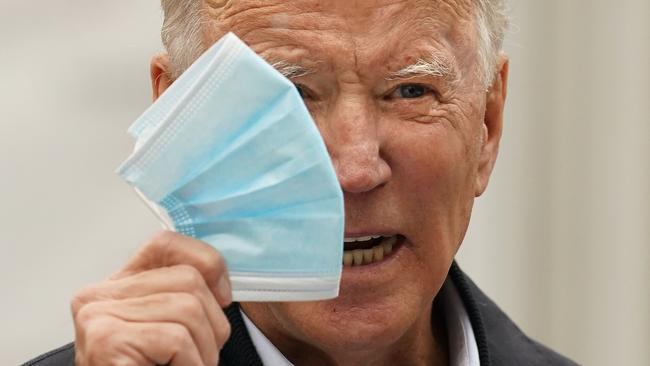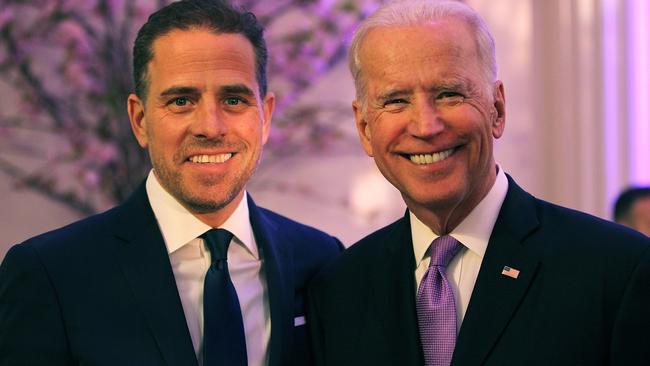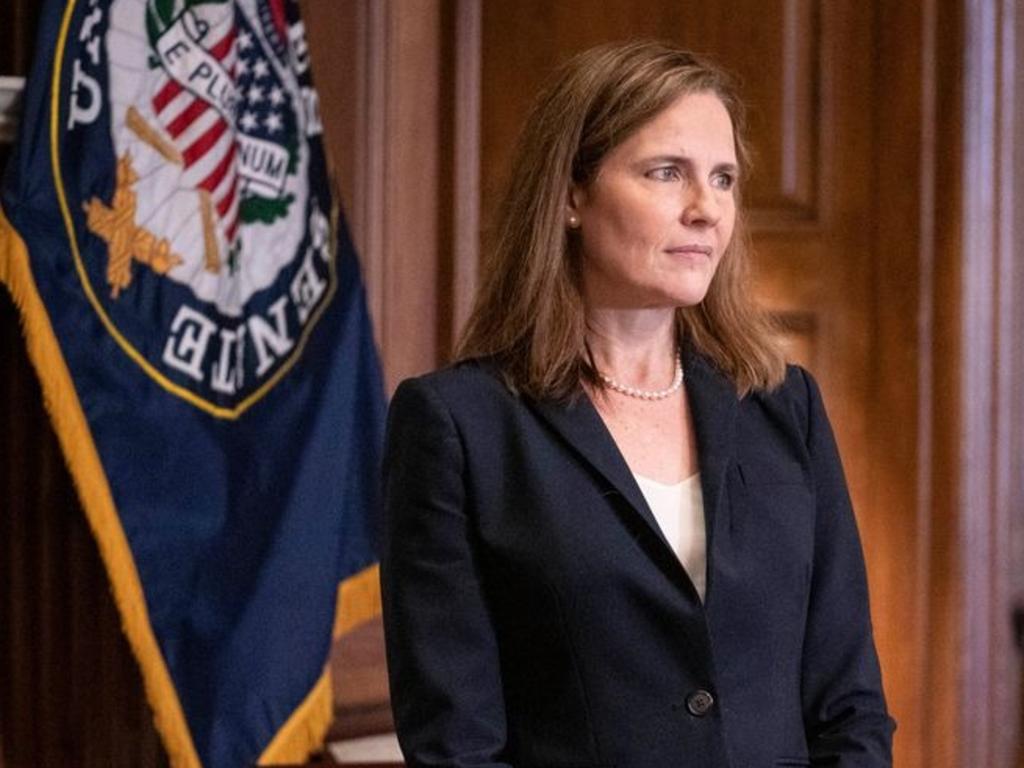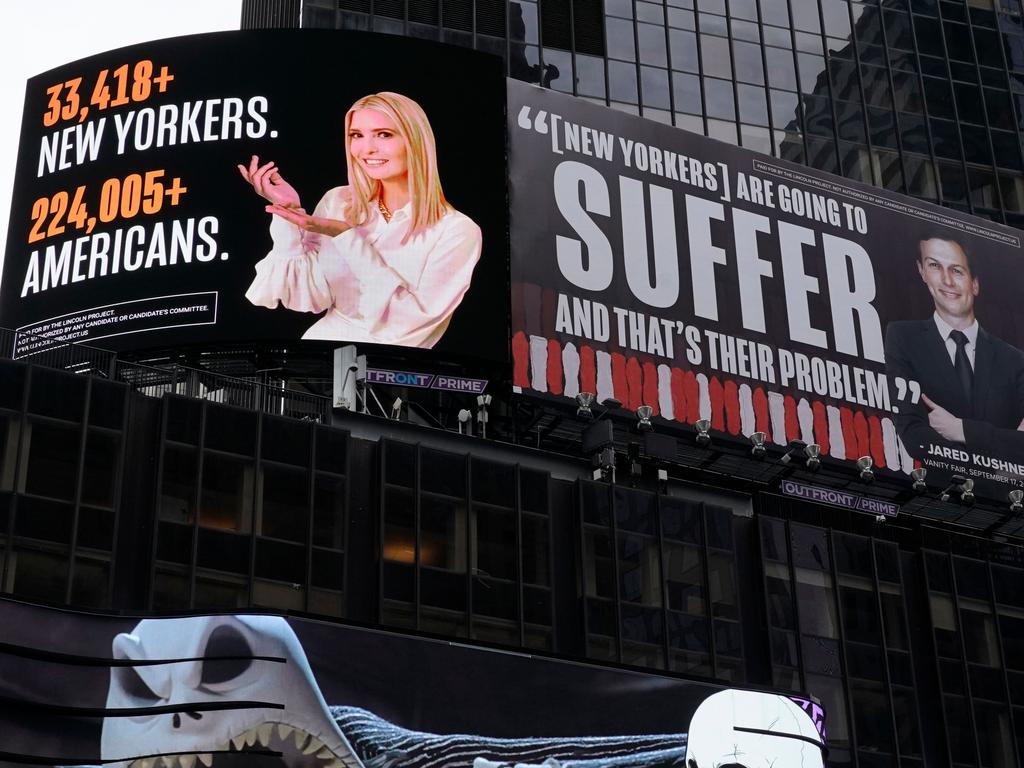Media watchdogs aren’t supposed to guard Biden
If the Democrats win, will America’s free press become an instrument of state propaganda?

All Things, it seems, will not be Considered. In the long and dishonorable annals of journalistic cant, there have been few statements to compete with the one issued by National Public Radio last week explaining why it wouldn’t burden its listeners with any news about Hunter Biden.
“We don’t want to waste our time on stories that are not really stories, and we don’t want to waste our listeners’ and readers’ time on stories that are just pure distractions,” said Terence Samuels, the network’s managing editor for news.
NPR’s might have been the most baldfaced exercise in dishonesty but it wasn’t the only one. The gatekeepers of truth in our national news organizations have come up with an anthology of justifications for ignoring the New York Post’s story about Mr. Biden’s financial aspirations — and his use of his father’s name to advance them.
It wasn’t important. It was unverified (unlike, say, the claim that the Trump-Kremlin condominium stole the 2016 election). It was that all-purpose response to any inconvenient truth: a Russian plot.
Yet the story was important. It didn’t conclusively prove that Joe Biden was in on the son’s deals. It did include important details suggesting that he was, and demonstrating how Hunter pushed his family connections to foreign-owned entities. And remember that the organizations now so squeamish about the Biden story were happy to publish innumerable allegations about President Trump, many of them on far flimsier evidence.
Most people have discovered they can live without NPR. Facebook and Twitter are different. They control the bulk of, respectively, the distribution of news to ordinary folks and the flow of news to journalists. When they decided to restrict access to the story, its visibility is dramatically diminished.
The construction of a media-and-tech wall to protect Joe Biden in the final days of the 2020 campaign has taken to a brazen new level the democratic problem of a society whose information flow is skewed heavily to one ideological pole.
It raises profound questions for the future. If Mr. Biden and his Democrats take control after next week’s election, will the communications apparatus that controls well over half of the public media channels in this country become a vehicle for state propaganda?
Some of the old guard in these companies, especially in the traditional newsrooms, dismiss the idea. They defend their status as Mr. Biden’s praetorian guard on the grounds that Donald Trump is a unique threat to democracy and that they have been forced to take commensurately unusual measures.
David Remnick, editor of the New Yorker, wrote the definitive call to arms on this soon after Mr. Trump took office, in a piece that claimed the country had entered a state of emergency — and that full-scale resistance was required. For journalists that meant being fair to both sides was out the window.
Once the media and tech companies have saved the country from Mr. Trump’s Fourth Reich, the argument goes, the Resistance will surrender its arms and go back to being fair-minded standard-bearers for truth.

Put aside for a moment the idea that what was normal before President Trump was media objectivity. If you believe that, I have a few thousand Barack Obama hagiographies to sell you.
But even a return to the actual status quo ante 2015 is fanciful.
For one thing, the old guard in these organizations who did at least operate to some recognizable standards are being eclipsed. Newsrooms are now hostage to narrow-minded post-teenage social justice warriors who have no time for the idea that there might be an alternative to their own Maoist ideology. Forget “objectivity.” Journalists have a moral purpose.
If they do hold Democrats accountable, you can bet it will be not to the standards of, let’s say, the median voter. It will be to the demands of critical race theory, woke norms and climate extremism. And all along, their allies in the tech companies will use their even greater power to keep to a minimum dissenting voices.
But even more important than the ambitions of the new Jacobins in the newsrooms is the new business model by which these companies operate.
It used to be that news organizations were dependent on advertising for their revenue. But since that went to digital giants, newspapers especially have become increasingly dependent on subscribers willing to pay a few hundred dollars a year. They have become essentially membership clubs of like-minded people. Those members won’t take kindly to being told the Democrats they support are flawed or corrupt or dumb.
So don’t think a defeat for President Trump will return the media to some kind of golden age of news reporting — if one ever existed. Having tasted victory, why would they stop there?
The Wall Street Journal








To join the conversation, please log in. Don't have an account? Register
Join the conversation, you are commenting as Logout